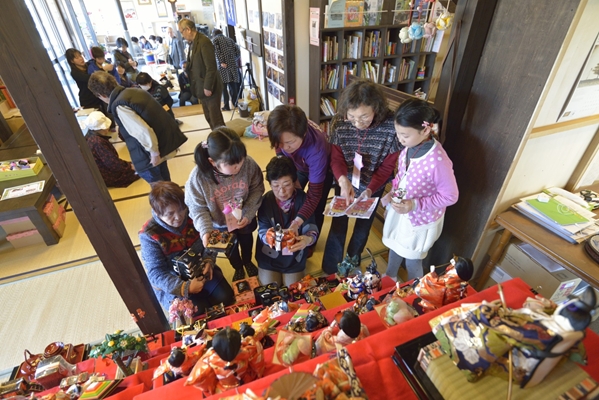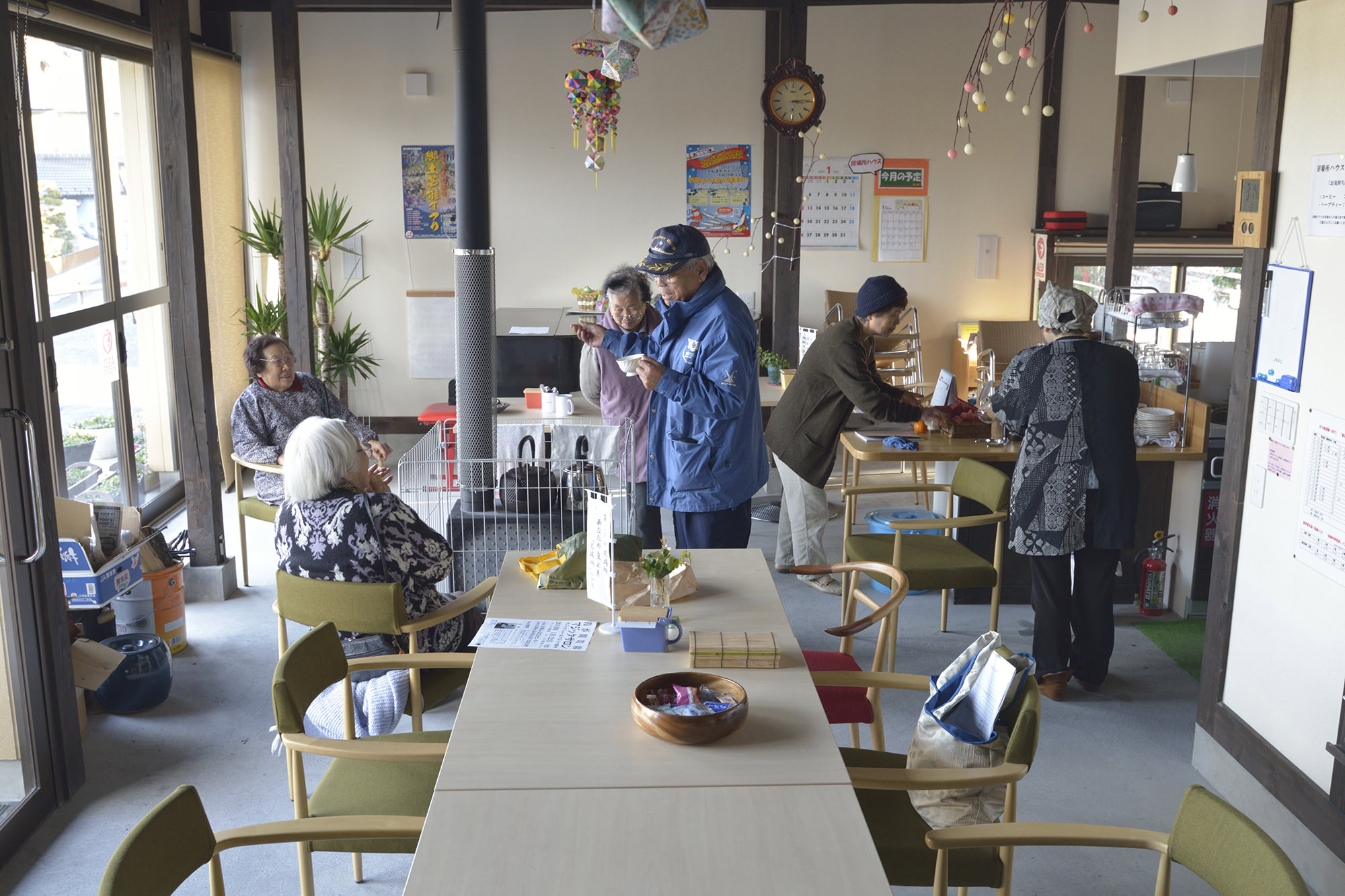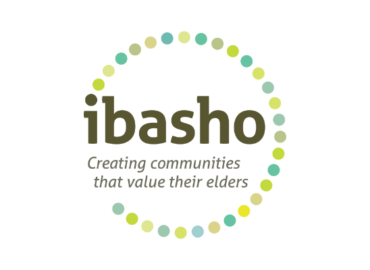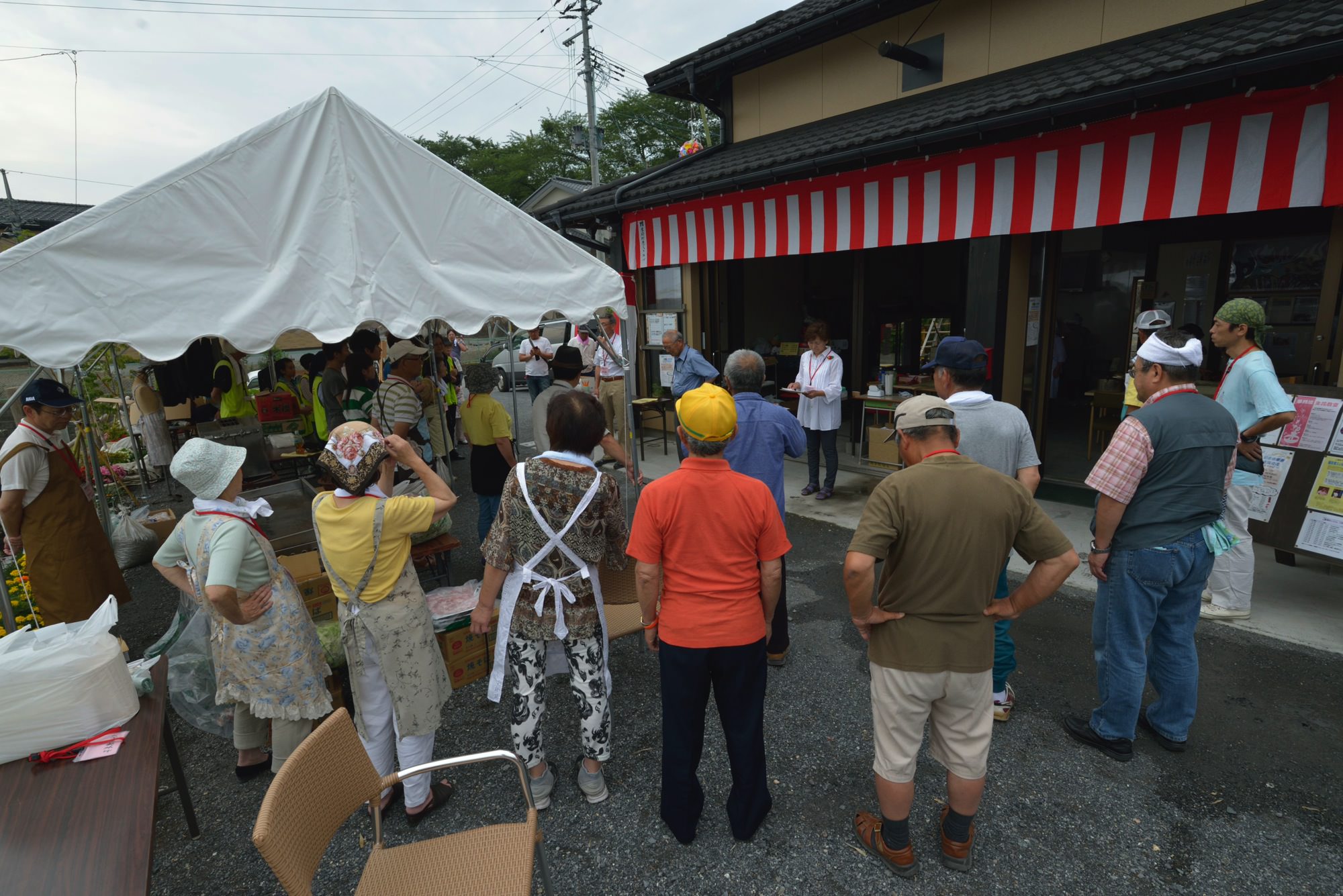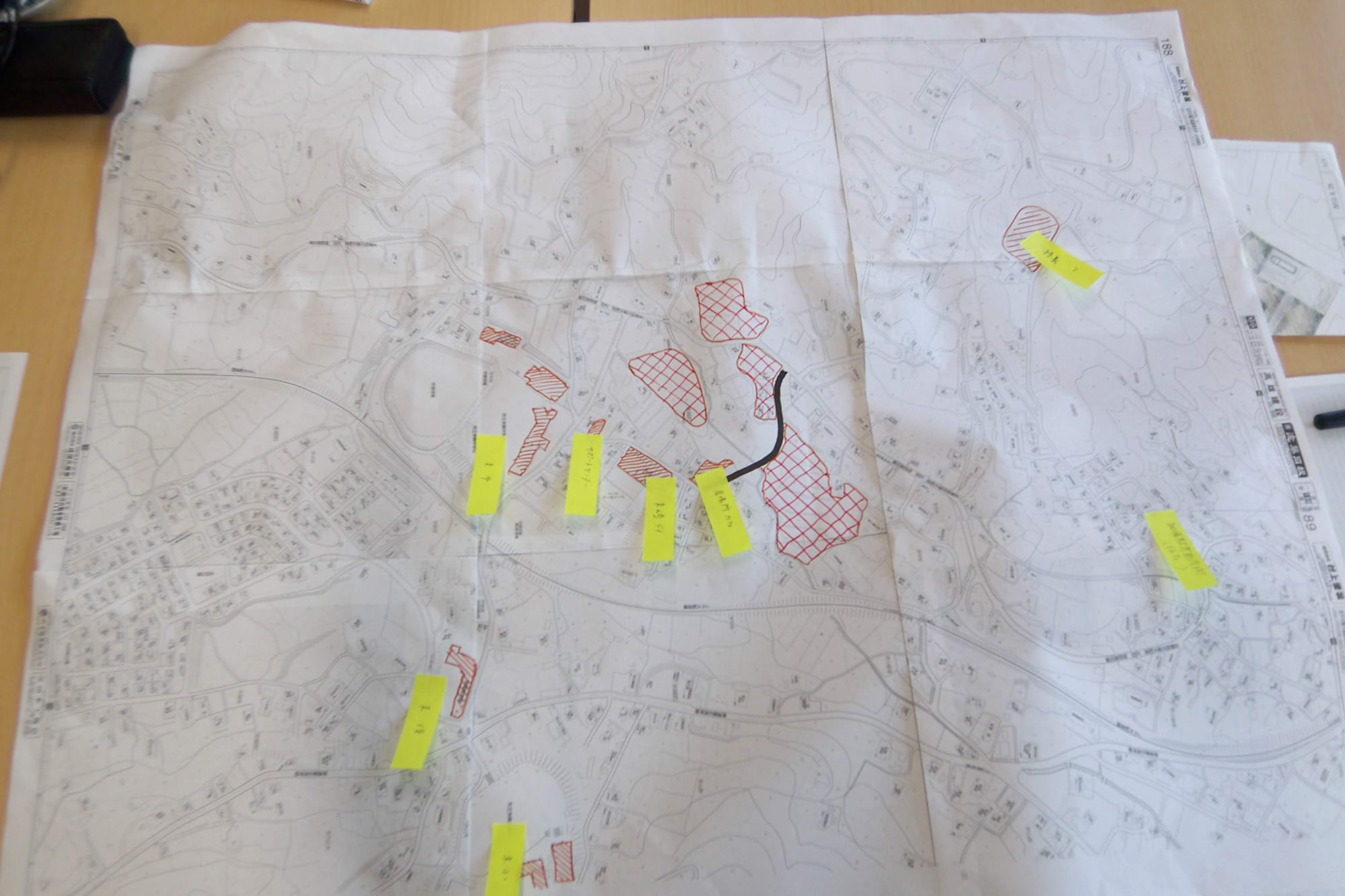Challenging Ageism
URA(Urban Redevelopment Authority) in Singapore has published an article about our Ibasho projects. I am so grateful to all who have been generously supporting and promoting Ibasho… It is our hope to work with more elders from various parts of the world, and learn from them… Click here to read the article.


